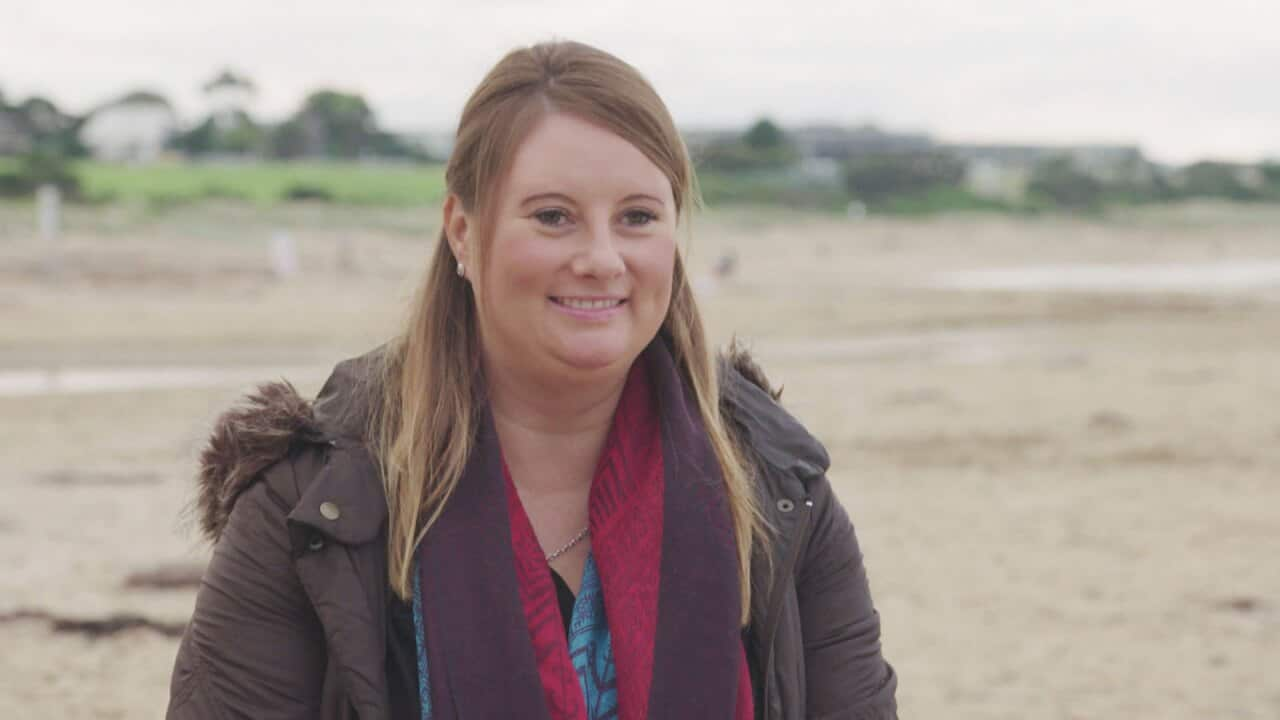Numbers of single Australian women accessing IVF services are anecdotally on the rise, according to Associate Professor Peter Illingworth, Medical Director at IVF Australia.
For some of these women, choosing to pursue parenthood alone is not a decision made in the face of declining fertility, but one borne from a desire to be autonomous in their decision about when they will become parents, and how they will raise their children.
"This is absolutely 'Plan A'," says Carrie Cooper-Moore, a 36 year-old woman beginning the process of artificial insemination for her first child. "This is not a back-up, this is not me being desperate, and it's not me being lonely.
"I'm so grateful for for all these advances in technology that I can actually do this," she tells Insight host Jenny Brockie, as the show looks at why increasing numbers of women and men are choosing to become solo parents. "I can be a single woman and choose to have a baby on my own."
For Carrie, the decision came after two to three years of planning. She was keen to avoid "unhappy relationships", and feels happier with single life and its freedoms.
"I want to be a happy mum and I want to raise my child feeling confident, and feeling like I can do it the way I see fit."
She acknowledges she is lucky to be surrounded by a supportive family.
Stephanie Holt, a 26 year-old childcare worker, has also chosen to become a mother without waiting to meet the right partner.
Childhood was tough for Stephanie, with her parents divorced and moving between foster carers with her twin sister from a young age. When her sister became seriously ill with epilepsy, her determination to start a family strengthened.
"Having a family is really big for me," she says. "I just need to fill the void that's missing. I feel like there's a missing puzzle piece from my childhood and I feel like a baby will help heal that."
I feel like there's a missing puzzle piece from my childhood and I feel like a baby will help heal that.
At just 24, she began researching fertility clinics and underwent extensive counselling before beginning her first attempts at artificial insemination. After those procedures failed, she moved on to IVF.
Her youth has been a mixed blessing: while in the prime of her fertility, the IVF treatment also caused ovarian hyperstimulation syndrome (OHSS), a potentially fatal condition that saw Stephanie hospitalised.
After a small scare at seven weeks, Stephanie is now nine and a half weeks pregnant.
Carrie and Stephanie share their full stories on this week's Insight: Solo Parents | Catch up online now:
[videocard video="972226627549"]
Insight is Australia's leading forum for debate and powerful first-person stories offering a unique perspective on the way we live. Read more about Insight
Have a story or comment? Contact Us



